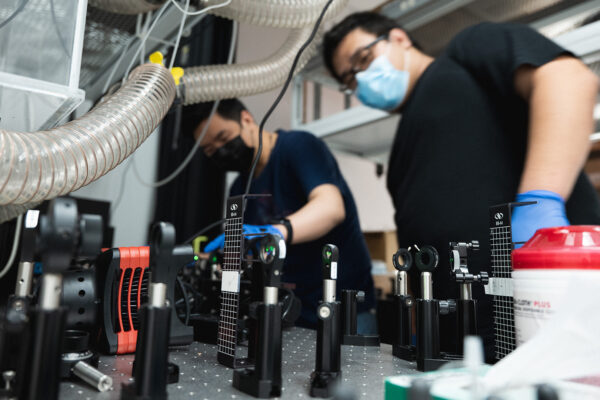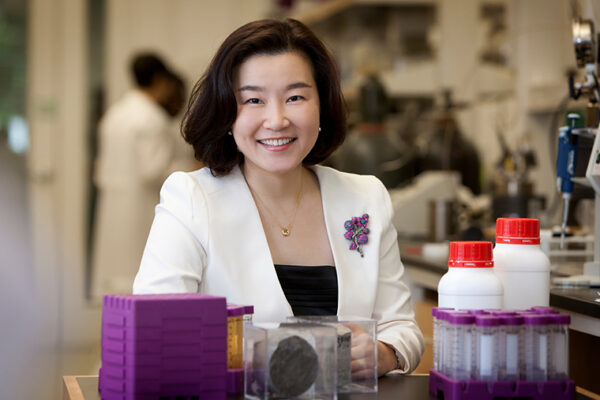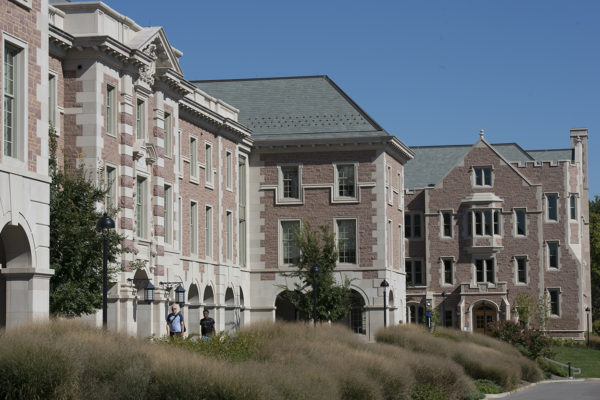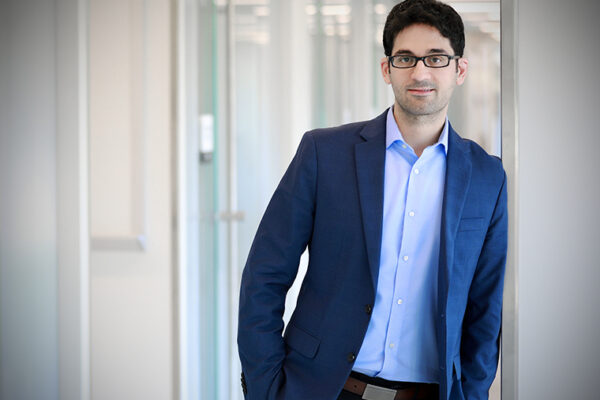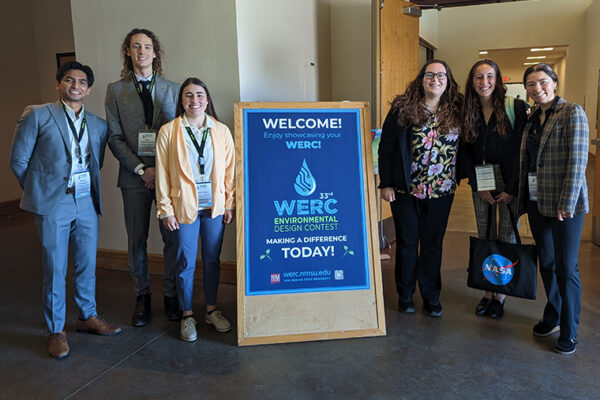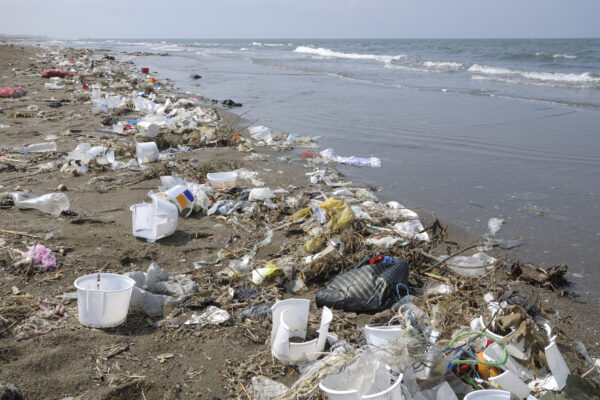What your ‘likes,’ posts really say about you
Psychology researchers at Washington University in St. Louis have created the Social Media Use Scale, which groups social media use into four broad categories and offers insights about personality and behavior traits.
Looking deeper with adaptive six-dimensional nanoscopy
With a $2 million National Institutes of Health (NIH) grant, Matthew Lew at the McKelvey School of Engineering will develop smart microscopes to reveal dynamic interactions between individual biomolecules.
20 years of progress in interfacial sciences and engineering
Young-Shin Jun, at the McKelvey School of Engineering, co-authored a review paper in Chemical Reviews that celebrates scientific advances in the field of interfacial reactions, which happen at the boundary where materials in different phases meet.
McKelvey Engineering presents alumni, dean’s awards
The McKelvey School of Engineering recently honored alumni and friends for their service to the school, thought leadership, business acumen and impact.
Using computer science to mitigate earthquake impact
With a new grant from the National Science Foundation, Christopher Gill at the McKelvey School of Engineering plans to advance cyberphysical systems’ performance for applications in earthquake safety.
Patti wins American Chemical Society Midwest Award
Gary Patti, in Arts & Sciences and the School of Medicine, has won the 2023 American Chemical Society Midwest Award. This annual award recognizes outstanding achievements in chemistry in the Midwest region.
Cancer cells rev up synthesis, compared with neighbors
Researchers led by Gary J. Patti in Arts & Sciences established a method to watch what nutrients are used at which rates spatially throughout a tumor. The new approach offers clues for potential treatment strategies.
Engineering students take second place in WERC competition
Students from the Department of Energy, Environmental & Chemical Engineering at the McKelvey School of Engineering competed in the WERC Environmental Design Contest as a part of their environmental engineering capstone course, winning second place in the bench-scale competition.
The psychological challenges of rural living
A new study co-authored by Emily Willroth, assistant professor of psychological and brain sciences in Arts & Sciences, sheds light on how our environment — urban or rural — can affect our personality.
Engineering team receives $3.6M to combat plastic waste
Washington University is leading a new effort to address the grand challenge of developing the next generation of high-performance, sustainably sourced and biodegradable plastics that advance engineering while also protecting the environment.
Older Stories
